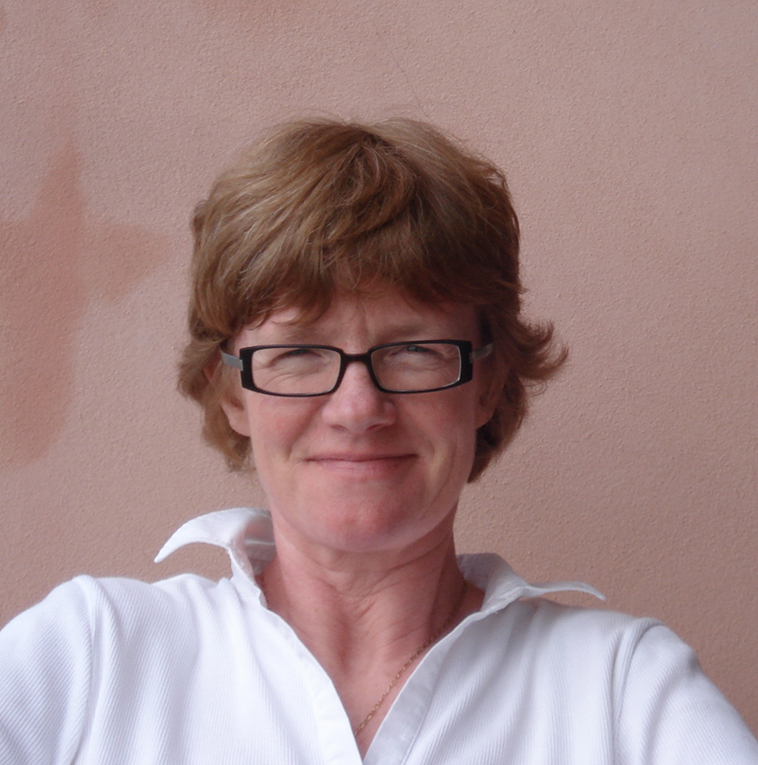May Shelf Help: How To Live
Alex Clark on why the study of a 16th century life contains valuable lessons for us all

We live, as many of us are all too aware, with a mirror held up to our faces; when we put it down, we often do so only to press our noses up to someone else’s window. In Western societies at least, with their accelerated technologies, advanced communications media and – for some at least – excess time and money, our ability and our willingness to scrutinise our lives and the lives of others has reached such great proportions that it has had to diversify.
Where once we might have worried about how we looked, how to obtain more money, how to find love – and gossiped about other people doing the same – now our obsessions take minute form. Should we cut sugar or protein from our diets? Which are exactly the right pair of shoes to buy? Which television star has run off with which sporting hero’s wife? Which politician has had a meltdown on Twitter? And on, and on, and on. At the same time, we are aware of another, opposing ideal; the theory of living in the moment and of freeing the mind from painful attachments and desires that is central to many Buddhist and meditation-based philosophies.
The 16th-century nobleman Michel Eyquem de Montaigne, whom Sarah Bakewell brings to life so grippingly in her sideways biography How To Live, might not have had to contend with the world of Facebook and reality television and full-blown consumerism; he might not have had a thousand self-help books and magazine features to offer him competing advice about how to conduct himself or his pursuit of happiness.
But in the essays that he wrote throughout his life, a project that, as Bakewell describes, ‘grew by slow encrustation, like a coral reef’, he nonetheless addressed an issue that is both timeless and universal: how to live in the world and at the same time develop an understanding of it; how to be a part of human activity, in all its glorious and not-so-glorious forms, and yet retain a sense of your own unique self.
His project, which evolved over 20 years, has survived because of its humanity; because Montaigne was not merely able, but compelled, to examine his own and others’ lives with intelligence and compassion. His is the kind of scrutiny that yields true understanding – measured, thoughtful, endlessly curious and non-judgemental.
Bakewell’s How To Live has absorbed, unsurprisingly, much of Montaigne’s spirit and his modus vivendi. Its twenty chapters take the form of 20 answers to that one question, each of which tells us something about Montaigne’s life and also offers a kind of blueprint for our own. ‘Question everything’ is one. ‘Guard your humanity’ is another – but there are even more intriguing suggestions, such as ‘Keep a private room behind the shop’. To find out what that means – and there is an even more tantalising sub-heading, ‘Going to it with only one buttock’ – you’ll have to read the book.
Please do so during the month of May, but do so with an additional purpose – to adopt Montaigne’s methods and principles as your own, even if only temporarily. A month renouncing the self-absorption of the modern world wouldn’t do any of us any harm – and it might well change your life forever.
How To Live by Sarah Bakewell is published by Vintage in paperback at £9.99, ebook available. For more information on Shelf Help, visit vintage-books.co.uk/books/shelfhelp/








